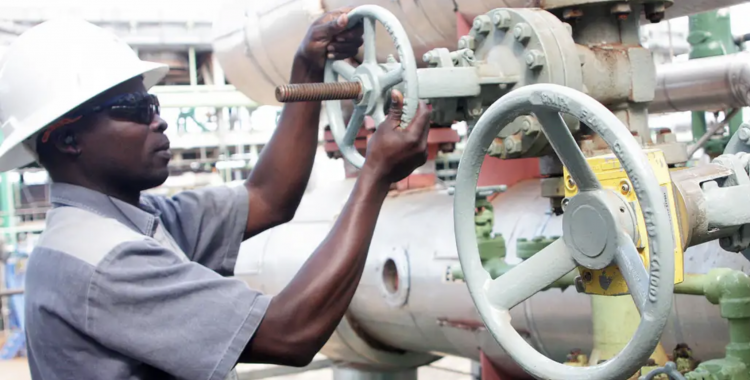Sonangol, the Ministry of Mineral Resources, Oil and Gas and a company from Germany will develop the project, he said. Quoted by Angop, the head of state – in response to a concern about the country's contribution to the reduction of polluting gases – said that the purpose is to serve the domestic market, as well as export green energy to the European market and other consumers.
With the same objective, the President of the Republic said that the country will sign, at COP-28, an initiative on the need to decarbonize oil and gas, having stated that, alongside this UN initiative, there are others from international entities that the country will embrace, so that the oil and gas industry will soon be able to calculate carbon hydroxide emissions and reduce, as far as possible, carbon dioxide and gas emissions methane, writes Angop.
On the occasion, he also highlighted that these were "concrete measures" that the country is "taking": "These are the concrete measures that Angola is taking to contribute to the strategy against emissions of polluting gases", he indicated, quoted by Angop.
Among other aspects, he also mentioned energy production in the country, noting that Angola is committed to combating climate change, participating in all battles in the COP domain.
In this sense, he added that they have been working to reduce the burning of fossil fuels, making increasingly less use of fuels from thermal power plants to produce electrical energy, as well as highlighting that Angola has invested in the construction of hydroelectric plants, with emphasis on for three dams built near the Baixo Cuanza Basin.
Thus, quoted by Angop, he added: "This energy is allowing us to reduce the use of thermal energy production plants. We have a capacity of around six thousand gigawatts, but we are using just over half. We have investments to make in transport of this energy to the south and east of the country, then to the north and center".
"Our energy matrix has around 65/67 percent of the energy supplied from clean energy, from the plants I mentioned and from solar parks that are in operation in some parts of the country, Benguela, Namibe", said João Lourenço, adding that Angola intends to introduce its surplus energy into the Southern African Development Community (SADC) network, which is already a reality and is operating.







